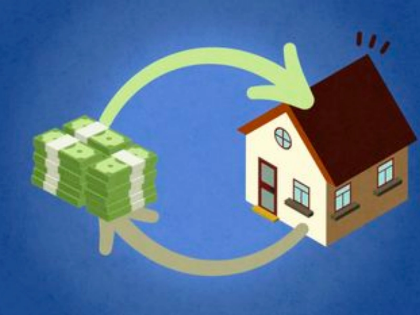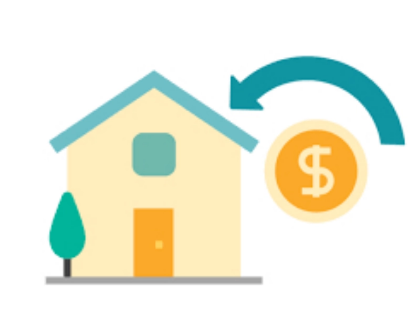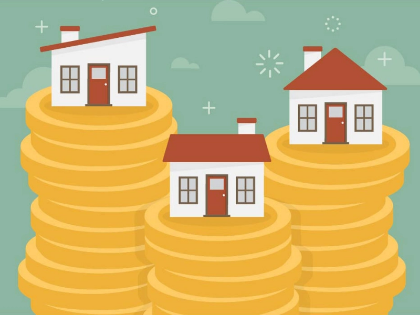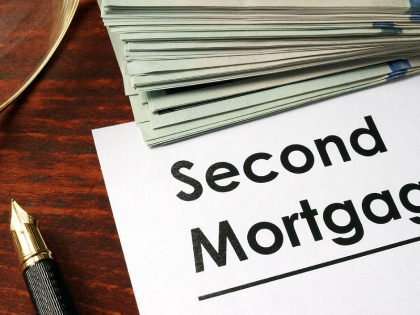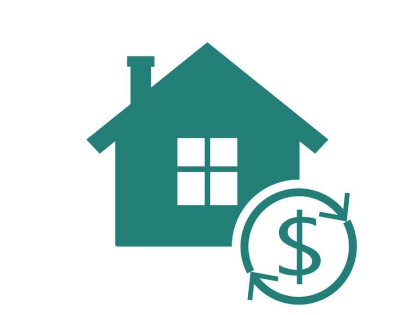Selecting the Best Loan for Debt Consolidation
Debt consolidation can lower interest rates and speed up repayment by combining many payments into a single monthly installment. But you should always carefully weigh the cost of debt consolidation before taking out a loan. Look into lenders who let you pre-qualify with a soft credit inquiry if you want to check personal loan rates without affecting your credit score. Additionally, find out how long the lender permits you to repay the loan; this will affect your monthly installment amount as well as the total amount of interest you pay.
Costs
 Consider comparing terms and interest rates while searching for a loan to help you pay off debts. Look over all the details, such as the maximum loan amount, the due date for each monthly payment, and any additional expenses like origination, late fees, and prepayment penalties.
Prequalifying before applying is an excellent idea because many lenders allow you to examine rates without harming your credit score. You will need to provide certain basic information, such as your current income, debt-to-income ratio, credit scores, the amount(s) you wish to pay off, and interest rates.
Since a debt consolidation loan typically has a lower interest rate than other loans, you could end up saving money over time. However, take care not to use the new loan as an excuse to up your expenditures. The new loan will be included in your credit utilization, which could reduce your credit score if you don't make your payments on time. Your present credit cards are still good, but in order to reduce your overall credit use, you should use them less frequently.
Consider comparing terms and interest rates while searching for a loan to help you pay off debts. Look over all the details, such as the maximum loan amount, the due date for each monthly payment, and any additional expenses like origination, late fees, and prepayment penalties.
Prequalifying before applying is an excellent idea because many lenders allow you to examine rates without harming your credit score. You will need to provide certain basic information, such as your current income, debt-to-income ratio, credit scores, the amount(s) you wish to pay off, and interest rates.
Since a debt consolidation loan typically has a lower interest rate than other loans, you could end up saving money over time. However, take care not to use the new loan as an excuse to up your expenditures. The new loan will be included in your credit utilization, which could reduce your credit score if you don't make your payments on time. Your present credit cards are still good, but in order to reduce your overall credit use, you should use them less frequently.
Fees
 Debt consolidation loans, also referred to as personal loans, enable borrowers to combine multiple debts into a single account and make a single monthly payment. The resulting loan may have a lower interest rate, a shorter repayment term, or both.
Lenders who specialize in debt consolidation loans are more likely to offer low rates to customers with excellent credit histories. Even having poor credit, a borrower may still be eligible for a debt consolidation loan if they have other qualities that enhance their favorable borrower profile.
Paying off credit card balances with a debt consolidation loan can help you reduce your total cost of debt by eliminating late fees and cutting interest payments. But it's imperative that you evaluate your habits and develop a plan to avoid going into debt again. If not, you can end up back where you started. In addition, the total monthly debt payment will improve your credit score by reducing your credit usage ratio. You must, however, make your monthly payments on schedule in order to see an improvement.
Debt consolidation loans, also referred to as personal loans, enable borrowers to combine multiple debts into a single account and make a single monthly payment. The resulting loan may have a lower interest rate, a shorter repayment term, or both.
Lenders who specialize in debt consolidation loans are more likely to offer low rates to customers with excellent credit histories. Even having poor credit, a borrower may still be eligible for a debt consolidation loan if they have other qualities that enhance their favorable borrower profile.
Paying off credit card balances with a debt consolidation loan can help you reduce your total cost of debt by eliminating late fees and cutting interest payments. But it's imperative that you evaluate your habits and develop a plan to avoid going into debt again. If not, you can end up back where you started. In addition, the total monthly debt payment will improve your credit score by reducing your credit usage ratio. You must, however, make your monthly payments on schedule in order to see an improvement.
Conditions of payback
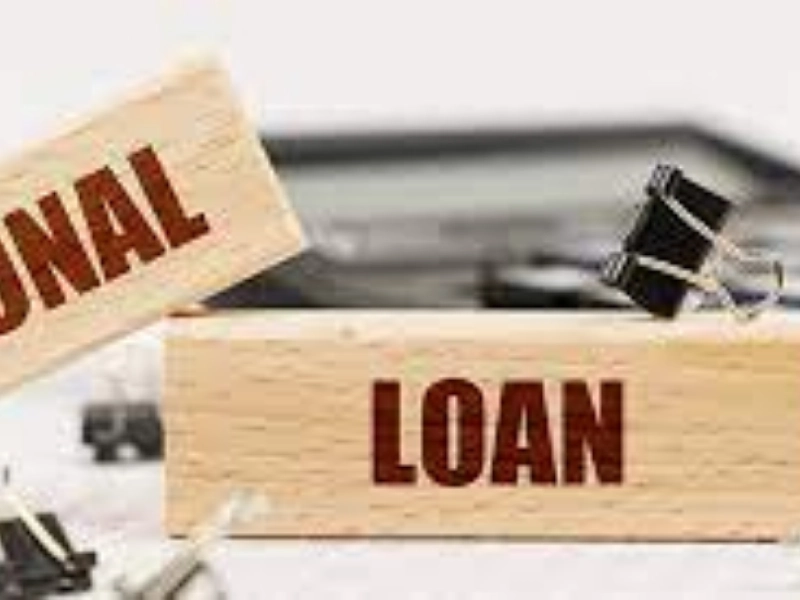 Depending on your financial situation and debt load, a debt consolidation loan's terms may change. Lenders usually offer periods for loans that range from one to seven years. A longer term may result in a lower monthly payment, but the interest paid on the loan will be higher overall. It's a good idea to compare lenders and rates before choosing a loan term. Before applying, you can find out what your potential terms might be by pre-qualifying for a loan without having many online lenders evaluate your credit.
The best lenders for debt consolidation loans are typically credit unions and banks. There are lenders, however, who focus on working with borrowers who have bad credit. Furthermore, some lenders provide unsecured debt consolidation loans, which do not require you to pledge any assets as collateral. Some let you to add a co-borrower with a higher credit score, which will boost your chances of acceptance, or they let you split debt repayment.
Depending on your financial situation and debt load, a debt consolidation loan's terms may change. Lenders usually offer periods for loans that range from one to seven years. A longer term may result in a lower monthly payment, but the interest paid on the loan will be higher overall. It's a good idea to compare lenders and rates before choosing a loan term. Before applying, you can find out what your potential terms might be by pre-qualifying for a loan without having many online lenders evaluate your credit.
The best lenders for debt consolidation loans are typically credit unions and banks. There are lenders, however, who focus on working with borrowers who have bad credit. Furthermore, some lenders provide unsecured debt consolidation loans, which do not require you to pledge any assets as collateral. Some let you to add a co-borrower with a higher credit score, which will boost your chances of acceptance, or they let you split debt repayment.
Flexibility
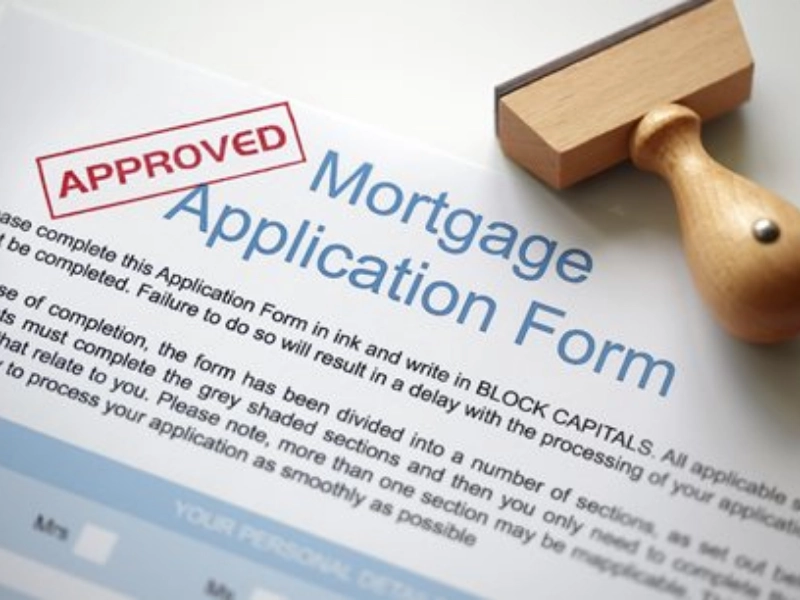 Getting a debt consolidation loan could be a smart move if your monthly income enables you to easily fulfill your payment obligations. It's important to consider other debt relief options, like budgeting and spending tracking, before taking out a new loan.
Most lenders want applicants to have a great or excellent credit score in order for them to be considered for a debt consolidation loan. Conversely, some lenders only work with customers who have lower credit scores when issuing loans. Credit unions and internet lenders may also be subject to less restrictive regulations. Seeking a co-borrower with better credit can also help you enhance your chances of approval.
Your credit score is temporarily dropped and a hard inquiry is made every time you apply for a new loan. Your credit scores will be further lowered if you make partial or nonexistent payments. Nonetheless, you should gradually improve your credit score if you consistently and on time pay your obligations. The best personal loans for people with bad credit typically include affordable interest rates and conditions that suit you.
Getting a debt consolidation loan could be a smart move if your monthly income enables you to easily fulfill your payment obligations. It's important to consider other debt relief options, like budgeting and spending tracking, before taking out a new loan.
Most lenders want applicants to have a great or excellent credit score in order for them to be considered for a debt consolidation loan. Conversely, some lenders only work with customers who have lower credit scores when issuing loans. Credit unions and internet lenders may also be subject to less restrictive regulations. Seeking a co-borrower with better credit can also help you enhance your chances of approval.
Your credit score is temporarily dropped and a hard inquiry is made every time you apply for a new loan. Your credit scores will be further lowered if you make partial or nonexistent payments. Nonetheless, you should gradually improve your credit score if you consistently and on time pay your obligations. The best personal loans for people with bad credit typically include affordable interest rates and conditions that suit you.

